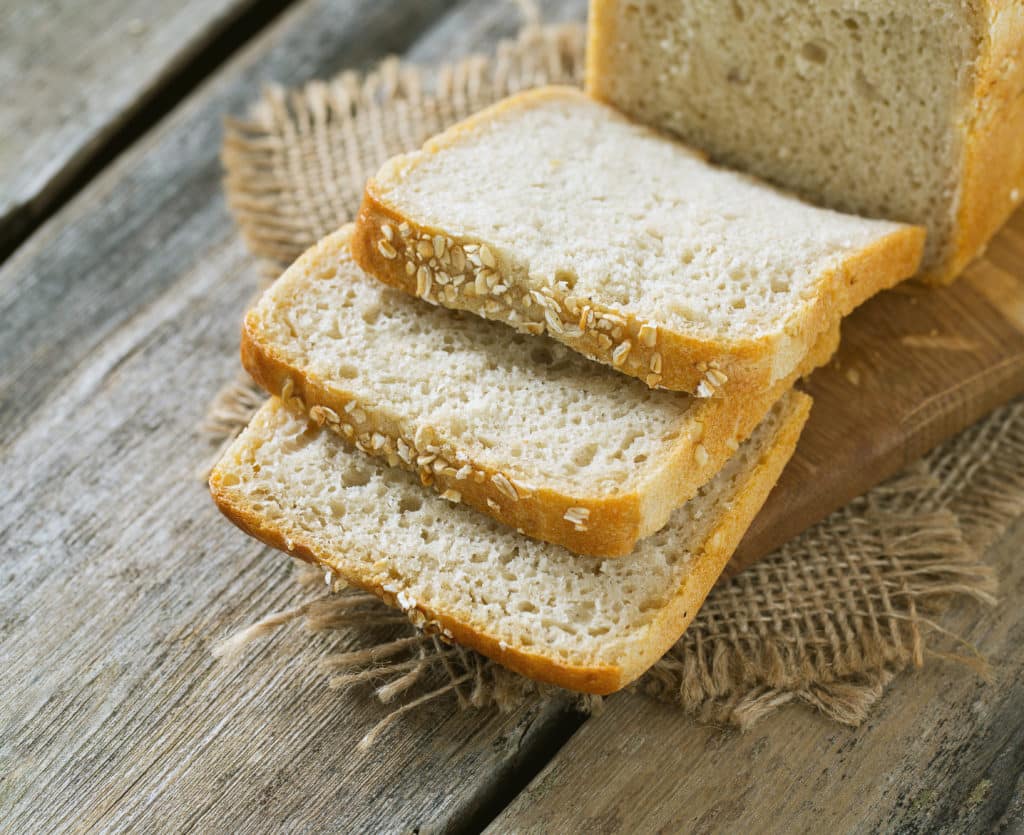Although many people claim that white bread is a poor nutritional option, recent research in Israel has found that the “always healthy” whole bread, is not. A new study found that both versions are equally good and nutritious.
Weizmann Institute scientists tested 20 study participants were divided into two groups and asked to consume large quantities of bread (supplying about a quarter of their caloric intake) for a week. One group ate the white bread, and the other, the “healthy” sourdough bread. After a two-week break, they switched, and for a week the group that had previously eaten white bread ate the whole bread, and vice versa.
Eran Segal, a computational biologist who participated in the realization of this study, commented in an interview with the science portal Science Daily:
“There were no significant clinical differences between the effects of both types of bread on any of the parameters we measured… There was no measurable difference in the effect that each type of diet had.”
Segal says that these foods in themselves do not affect the body, “what actually happens is that each person reacts differently to different types of bread.” That is, the glycemic responses of each individual to the same diet changed. That is why some people are affected more with white bread, while others are worse with whole wheat.
According to the results, half of the subjects studied reacted better with a processed white bread diet, while the other half responded better with whole-grain bread. Each person reacts differently and statistics equalize the benefits of each type of bread by a percentage of 50-50.
The researcher said: “The results of this study are not only fascinating but potentially very important because they point to a new paradigm: Different people react differently, even to the same foods”. In this way, the study may lead to a more rational approach to telling people what foods are best for them, based on their microbiome.
So, just by eating both types of bread people will know what type of bread is best for their health.
References:

